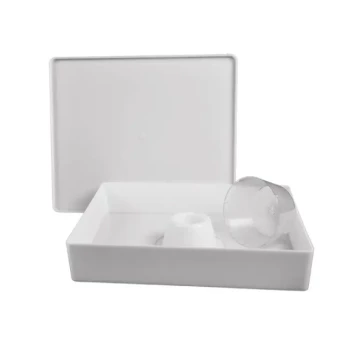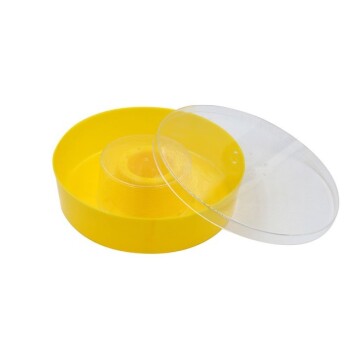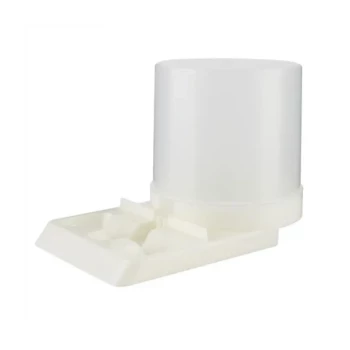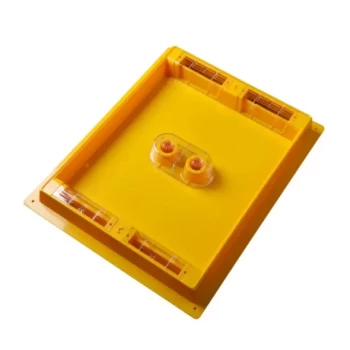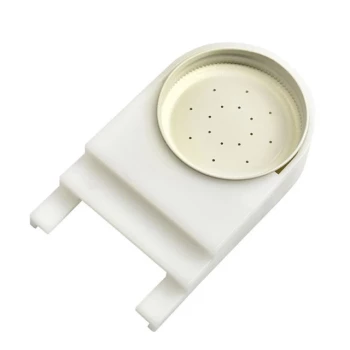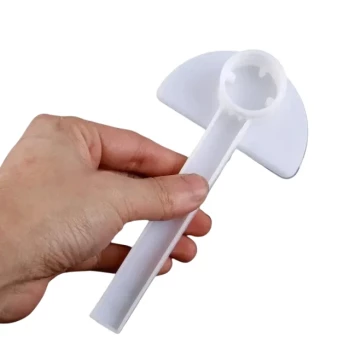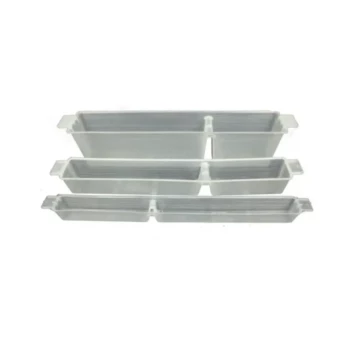Yes, absolutely. Feeding sugar syrup to a honey bee colony can contaminate the honey crop if not managed correctly. Bees do not distinguish between nectar from flowers and sugar syrup from a feeder when it comes to storage, and they will readily mix the two in the honeycomb.
The core principle is this: Bees process and store sugar syrup using the same behaviors they use for nectar. If you provide syrup while they are collecting nectar for honey production, the resulting stored product will be a mixture, not pure honey.
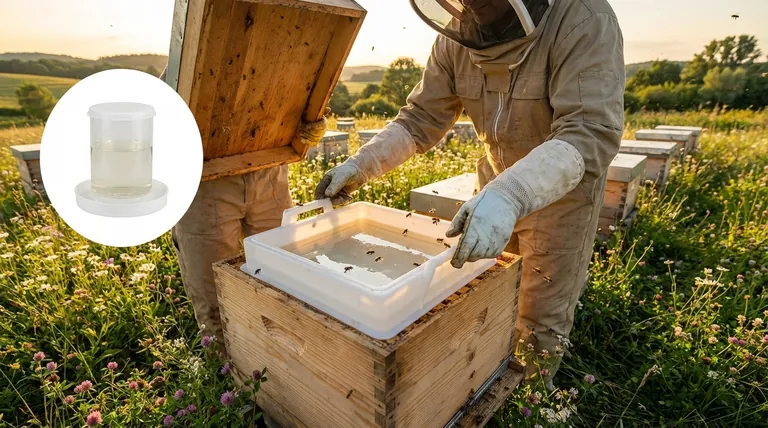
The Difference Between Honey and Syrup Stores
The distinction between what bees produce from nectar versus sugar syrup is fundamental to beekeeping. One is honey; the other is simply a winter food substitute.
What Defines True Honey
True honey originates from the nectar of flowers. This nectar is a complex solution of sugars (like sucrose, fructose, and glucose), water, amino acids, and minerals.
Bees gather this nectar and add their own enzymes, most notably invertase, which breaks down the complex sucrose into simpler glucose and fructose. They then dehydrate it in the comb to create the stable, dense liquid we know as honey.
How Bees Process Sugar Syrup
Sugar syrup is typically a simple mixture of refined white sugar (sucrose) and water.
Bees will ingest this syrup, add invertase to break down the sucrose, and dehydrate it for storage. While the resulting product looks similar to light honey, it completely lacks the pollen, trace minerals, complex flavors, and unique compounds derived from floral nectar.
How Contamination Happens
Contamination is not a malicious act by the bees; it's a direct result of their powerful and non-discerning instinct to gather and store resources.
The Storage Instinct
A bee's primary drive during a nectar flow is to fill every available cell with food. They will source this from the most abundant and easiest-to-access location, whether that's a field of clover or a feeder filled with syrup.
The Critical Overlap
The risk of contamination is highest when a beekeeper feeds syrup during a nectar flow. This is the period when plants are actively producing nectar that bees would otherwise use to make surplus honey for harvesting.
First-Year Colonies are at High Risk
New colonies are often fed large amounts of sugar syrup to help them build wax comb and rapidly increase their population. This makes any honey they produce in their first year highly susceptible to being mixed with these syrup stores. For this reason, many beekeepers do not harvest honey from a colony in its first year.
Understanding the Trade-offs and Consequences
Feeding bees is a critical management tool, but using it at the wrong time has clear consequences for the integrity of your honey crop.
Dilution of Quality
The most obvious consequence is a lower-quality product. The unique flavor, color, and aroma of honey come from the specific nectar sources. Contaminated honey will be bland and lack this complexity.
Legal and Ethical Standards
Honey that has been mixed with sugar syrup cannot legally be sold as pure honey in most regions. It is considered an adulterated product. For hobbyists and commercial beekeepers alike, producing and representing pure honey is a matter of ethical practice.
Altered Physical Properties
Syrup-contaminated honey may crystallize differently than pure floral honey. It also may have a higher water content if the bees haven't fully dehydrated it, making it more prone to fermentation and spoilage.
How to Apply This to Your Beekeeping
Your feeding strategy must be dictated by your specific goal for the colony at that moment in time.
- If your primary focus is building a strong colony: Feed generously in early spring to stimulate brood rearing or during a summer dearth to prevent starvation, but stop all feeding before the main nectar flow begins.
- If your primary focus is a pure honey harvest: Do not feed your bees at all while the honey supers (the boxes for harvest) are on the hive during a nectar flow.
Properly timed feeding is the essential skill that separates responsible hive management from accidental honey contamination.
Summary Table:
| Key Consideration | Why It Matters |
|---|---|
| Storage Instinct | Bees don't distinguish between nectar and syrup, storing both in honeycomb. |
| Critical Overlap | Feeding syrup during a nectar flow directly contaminates the honey harvest. |
| First-Year Colonies | New hives fed for growth are at high risk of producing contaminated honey. |
| Quality & Legality | Adulterated honey is lower quality and cannot be sold as pure honey. |
Ensure your honey harvest is pure and profitable. Proper hive management requires the right equipment. HONESTBEE supplies commercial apiaries and beekeeping equipment distributors with the high-quality, wholesale-focused supplies needed for successful, responsible beekeeping. Contact our experts today to discuss your needs and keep your honey crop uncontaminated.
Visual Guide
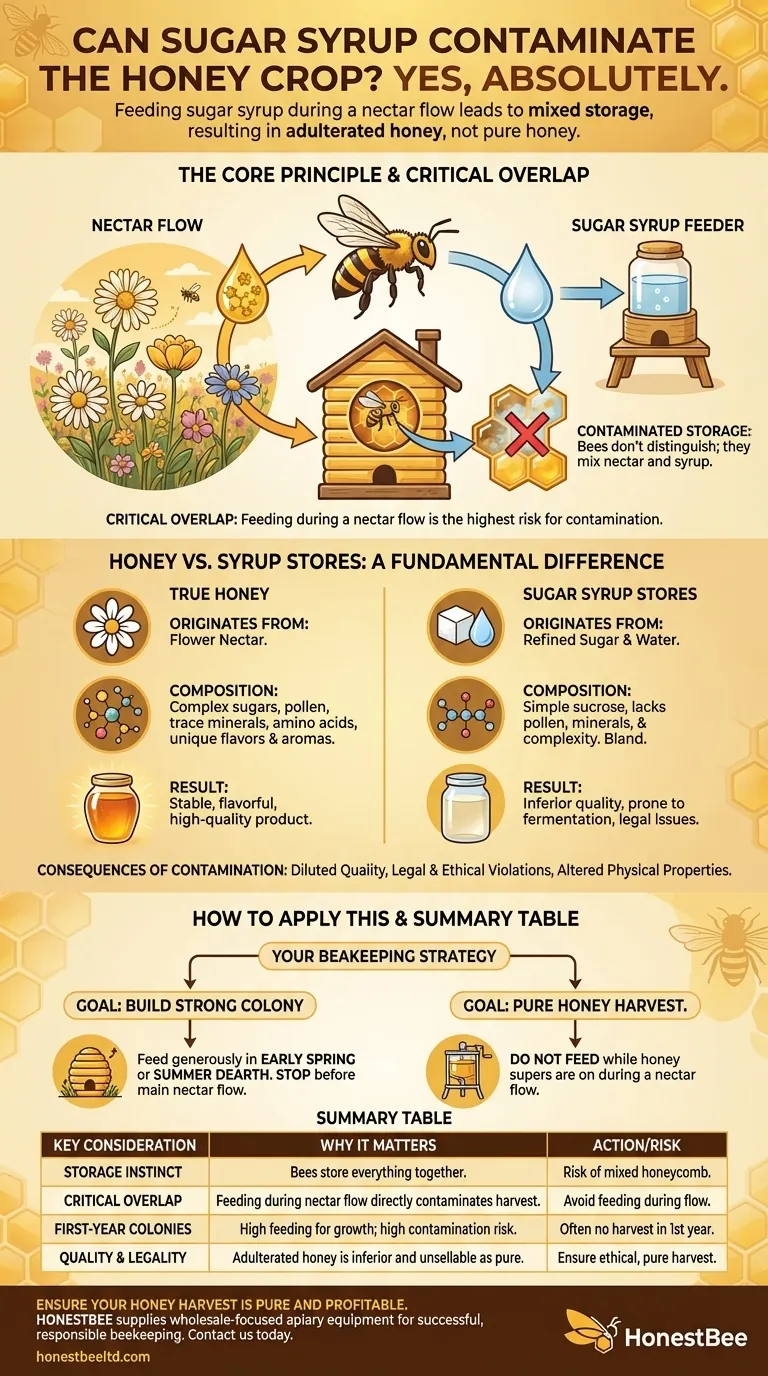
Related Products
- HONESTBEE Professional Hive Top Bee Feeder Feeding Solution
- HONESTBEE Round Hive Top Bee Feeder for Syrup
- HONESTBEE Entrance Bee Feeder Professional Hive Nutrition Solution for Beekeeping
- Rapid Bee Feeder White Plastic 2L Round Top Feeder for 8 or 10-Frame Bee Hives
- HONESTBEE Advanced Ergonomic Stainless Steel Hive Tool for Beekeeping
People Also Ask
- What features make top feeders a reliable choice for beekeepers? A Guide to Safe, Efficient Hive Nutrition
- Do I need an inner cover with a hive top feeder? Optimize Your Hive Setup for Healthy Bees
- What are the advantages of hive top feeders? Maximize Feeding Efficiency for Your Apiary
- What is a top feeder for bees? Maximize Colony Health with Efficient Feeding
- What are the advantages of using Top Feeders? Boost Commercial Apiary Efficiency with High-Capacity Feeding Solutions
